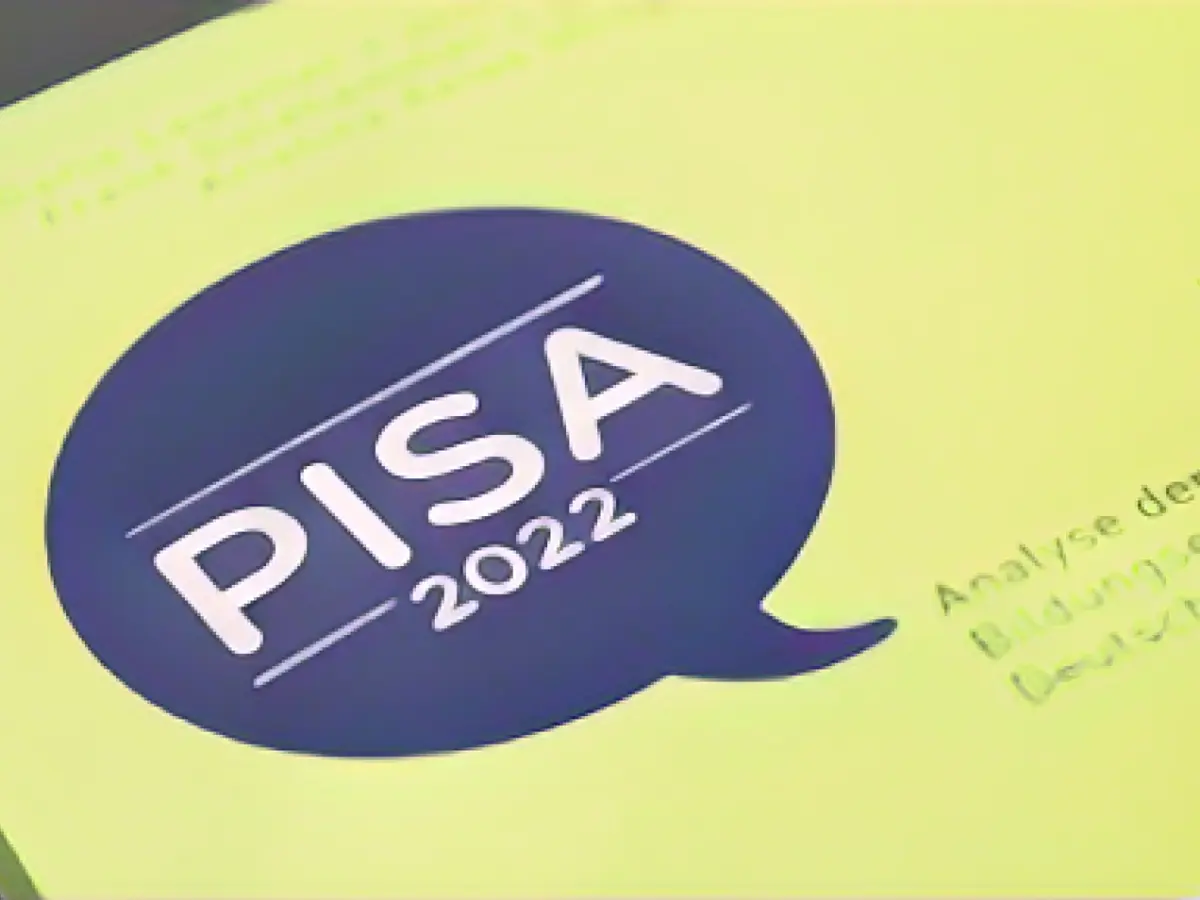Education and the PISA Study: The Role of Lingual Engagement in Families, According to Weil
Lower Saxony's Minister President, Stephan Weil, believes that the poor PISA results are partly due to the struggles faced by numerous families. He frequently encounters tales of families with constant TV broadcasts but little communication or shared meals. Weil emphasized that substantial language development occurs through simple conversations.
Numerous children, not just those from immigrant families, need language assistance, according to Weil. The state is increasingly responsible for offsetting the lack of positive family environments. Regrettably, Weil pointed out, this compensation isn't always effective as it could be in actual families.
Weil was not surprised by the PISA results, even amidst the ongoing coronavirus pandemic. He acknowledged that the impact on young people's development and academic achievement is one of the drawbacks of the pandemic-induced anti-corona measures.
However, schools and daycare centers are making commendable progress in addressing the situation. They're implementing early childhood support programs. "We'll continue working to ensure there are more individuals who choose a career in a crèche or daycare center," Weil pledged. He also mentioned that teachers at primary, secondary, and intermediate schools would receive higher pay starting from the next school year.
In 2022, German pupils' performance ranked as the poorest ever in the international Pisa performance study. Germany recorded its lowest scores ever in reading, mathematics, and science in the Pisa study. Across Germany, 257 schools participated in the study, among which 26 were from Lower Saxony. State-level data is yet unavailable.
Nurturing Bilingualism
Linguistic support at home plays a significant role in influencing students' language proficiency, a crucial aspect of PISA assessments. According to OECD research, having immigrant students in schools positively affects overall performance, implying that language support can be a key factor for these learners.
In an endeavor to improve the linguistic scene within families, here are some general strategies that could be employed:
- Language Education for Parents: Implementing language education programs for parents can strengthen the family's language environment.
- Parental Involvement: Encouraging and supporting parents' involvement in their children's education can foster better language skills.
- Multilingual Education and Support: Supplying resources and support for multilingual families, such as bilingual classes or counseling sessions, can help guarantee equal opportunities for all learners.
- Community Resources: Utilizing community resources like libraries, language exchange programs, and cultural events can provide additional language support and learning opportunities for families.
- Policy Initiatives: Governments may introduce policies such as financial incentives for language course enrollment or subsidies for learning materials.
Although specific information about Lower Saxony's initiatives is lacking, these strategies can provide a framework for understanding the potential impact of language support in families on PISA scores and potential measures to address this issue.
Enrichment Data:
The current language support initiatives in Lower Saxony, Germany, to improve family language environments and potentially impact PISA scores are not explicitly mentioned in the sources. However, there are several initiatives and research studies related to language support and education that can be inferred or related to the broader context of language education in Germany:
- Leuphana University Lüneburg Funding:
- The Lower Saxony Ministry for Science and Culture and the Volkswagen Foundation are providing Leuphana University Lüneburg with 18.5 million euros to develop its research profile, particularly in areas like democracy, sustainability, digital cultures, organization, and psychology. This funding aims to enhance the university's research and educational capabilities, which could indirectly support language education and literacy programs.
- German Language Education in Ghana:
- A partnership between the German Embassy in Ghana and the University of Education, Winneba (UEW), aims to establish a dedicated Department of German Language. This initiative seeks to promote effective teaching and learning of the German language, which could have broader implications for language education and potentially influence educational outcomes in Ghana.
- Reading Aloud to Children (SBR) Intervention:
- This intervention is focused on improving vocabulary among children from low-educated and immigrant families in France. It highlights the importance of parental reading practices in enhancing language skills. This study suggests that interventions like SBR can have positive impacts on vocabulary growth, even in schools with low educational resources.
- OECD Research on Education:
- The OECD conducts extensive research on education systems globally, including those in Germany. While specific initiatives in Lower Saxony are not detailed here, OECD reports often focus on improving educational outcomes, including language skills, through various interventions such as enhancing teacher training, improving curriculum design, and promoting parental involvement in education.
Stephan Weil, as the Premier of Lower Saxony, might support initiatives that align with broader educational goals, such as improving language skills and literacy rates. However, specific language support initiatives aimed at improving family language environments and potentially impacting PISA scores in Lower Saxony are not explicitly mentioned in the sources.








